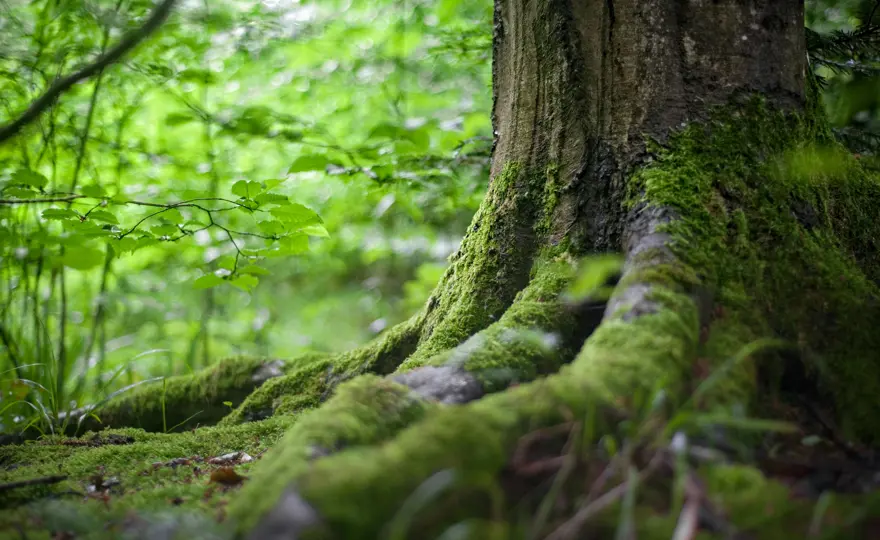ClientEarth Communications
4th August 2021


Tens of thousands of hectares of protected old-growth trees and primeval forests lie in Romania, providing a vital habitats for thousands of plants and animals that make up a biodiversity hotspot of Europe. Romania’s forests are home to Europe’s largest bear population, European bison, owls, woodpeckers and endangered and endemic species like lynx and wolves.
The rich biodiversity of these woodlands has a direct impact on climate – and on people. Forests help to prevent flooding and other extreme weather events, provide clean water, medicines, and homes for two thirds of terrestrial species globally, all through the vital ways in which the different plants and animals are interconnected.
An old-growth forest – or primary, virgin, or primeval forest, is one that has grown for a significant period of time – often centuries – with little disturbance. This results in a unique ecological area of native species, and a range of plants and trees that provide the perfect habitats for diverse wildlife to thrive in.
These forests are therefore cornerstones of biodiversity and climate regulation in their area of the world and need to be protected. In fact, the EU’s own 2030 Biodiversity Strategy states that all remaining old-growth forests in the EU should be under strict protection from logging.
For years, Romania’s state forestry management has been carrying out logging operations in these woodlands. Around 300,000 hectares of these Romanian woods are listed as Natura 2000 sites meaning they are protected by law.
Their Natura 2000 status means that authorities are required to assess the impact logging would have on the protected area before allowing any trees to be cut down but in some cases these aren’t being performed until years after logging has begun, which goes against the law and can potentially cause untold damage to the threatened species.
We’ve already put a stop to an illegal logging operation in Poland’s Bialoweiza Forest and now we’ve used the same strategy to file a complaint with the European Commission against the Romanian authorities for failing to prevent the destruction of their forests and allowing illegally harvested timber to enter the EU market.
The Commission have launched proceedings against Romania and demanded that the authorities take immediate action to stop illegal logging in the country. If they fail to act, the Commission will take the case to the EU’s highest court.